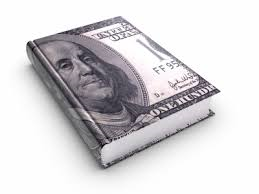Finish Your Book
- What’s your book about? Have an elevator speech: a one minute sentence describing your book.
- Write a working title. Cute, memorable, or mysterious is better. You may want to have a 2 part title. For example: Wind & Wing: A Love Story from the “Greatest Generation” or Beginning Astrology: All You Need to Know to Read Your Chart
- What is the genre of your book? Search in the bookstore; find the publishers that publish the kinds of books you think you want to write.
- Set a time to write. What works for you? Set Pick reasonable options for you, daily or weekly.
- Find a comfort zone. Some folks like to write in a quiet zone or a beautiful place. Some like commotion and coziness. Get your place ready, and then set your appointment with yourself. Keep your appointment!
- Set deadlines for yourself. Plan to put part of it online or show someone on a certain day. That will help you keep promises to yourself. Sometimes, urgency is helpful!
- How far along are you? Do you have a plan? Where is the book going to go? Write chapter headings, make an outline, or write a page on each character.
- What is your beginning? Where does it end? What’s in the middle?
- Make a list of people who could advise you: editors, experts in your field or genre, fellow writers.
- Get a business card that says you are a writer, author, or expert. You might even get one that has the name of your book, to help you feel like a writer and give you incentive to finish. This is psychological stuff to help you on your way!
- Get an ISBN –or 10.
- Write your bio: a one liner, one paragrapher, and something longer for the publisher. What would you write for the back cover of your book? What picture of yourself would you use?
- Join a group that is already doing it. Like Weight Watchers, but for writers: Romance Writers of America, Society for Children’s Book Writers and Illustrators, etc.
- If there is no group, create one! You need networking and moral support!
- Reminder: Do it. Just write. Do not worry at first about grammar or punctuation. Live your passion. Make it a priority. Do not worry about failure or whether it will get published or not. Just do it. (Later on, you can get an expert to help you.)




